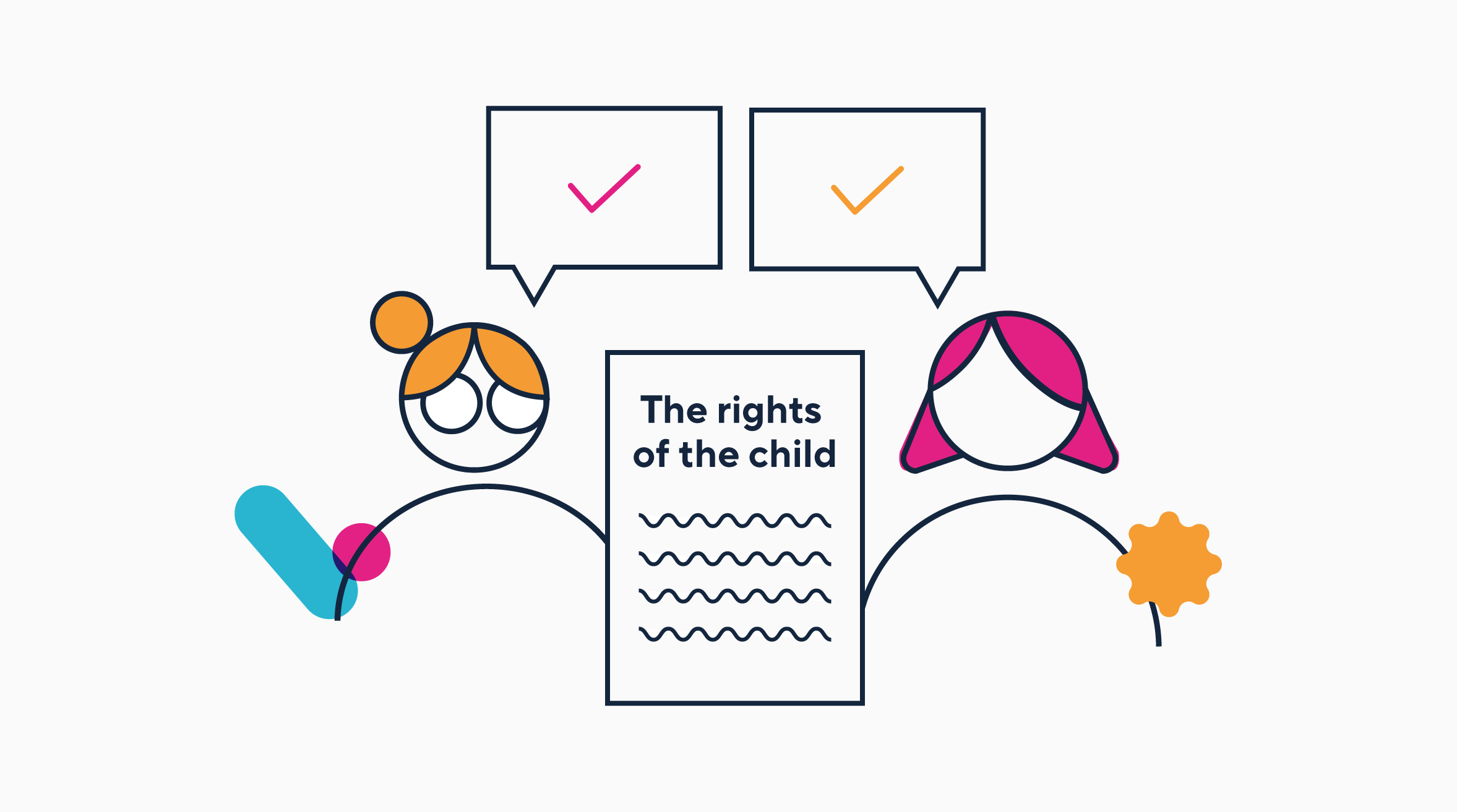Step 1: Understanding the rights of the child
-
Due to the Data (Use and Access) Act coming into law on 19 June 2025, this guidance is under review and may be subject to change. The Plans for new and updated guidance page will tell you about which guidance will be updated and when this will happen.


As outlined in the code’s best interests of the child standard, the United Nations Convention on the Rights of the Child (UNCRC) provides the basis for assessing whether you are acting in the best interests of children using your service. Its articles collectively explain the needs and universal rights children hold.
For simplicity we have not included some UNCRC articles which we believe are less likely to be relevant in the Children’s code context. However, you may need to consider them in a limited number of scenarios, depending on the nature and purpose of your service.
Organisations must consider all the rights that are relevant to their circumstances and in particular, they need to consider those rights that directly apply to the area or sector they work in. For example, educational technology 'EdTech' providers need to consider how their processing of children's personal data meets their best interests in relation to Article 28 on the right to education. To view the full list of children’s rights, refer to the full UNCRC convention.
To help you conceptualise and navigate the range of rights children hold under the UNCRC we have highlighted the rights most likely to be impacted by data processing. The ICO has grouped these rights into three overarching categories to help you conceptualise them:
- Self
Data processing should respect children's rights to physical and emotional wellbeing and development. It should also support their evolving capacity to form and express their own identity, boundaries and sense of self. - Support
Data processing should respect children's rights to have access to resources that support them to develop and flourish. These resources include family bonds and guardianship, economic and social capital and legal rights that support their right to participate in decisions that have a bearing on their life. - Society
Data processing should respect the rights of groups of children, including those with vulnerabilities and specific needs. It should acknowledge that children have a stake in society's shared resources and institutions.
Tools and further resources
For more background on the history and theory of the UNCRC, and its application to online services and business, see this article on the UNCRC and what it means for online services authored for the ICO by Professor Eva Lievens.